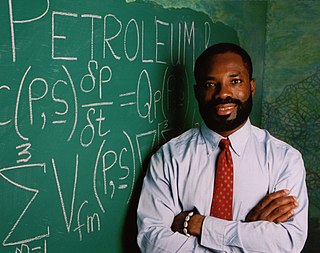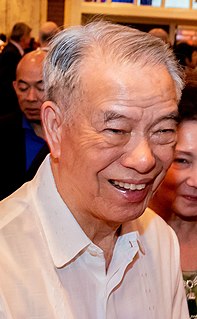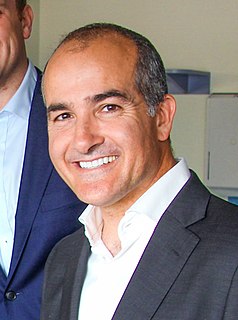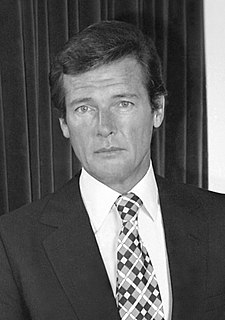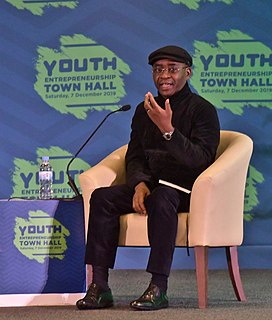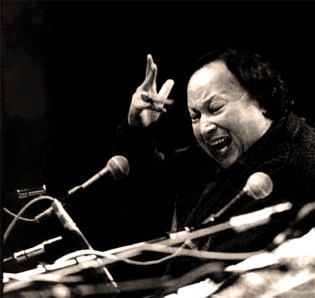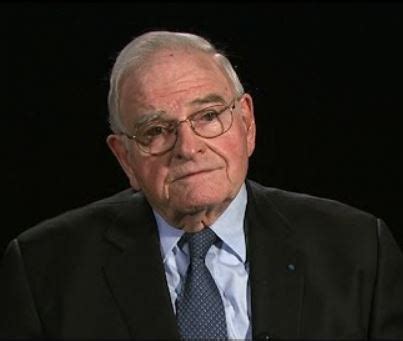A Quote by Don Yaeger
My formal education as an extension to my college degree in journalism was the time that I spent working with the student newspaper. I would argue that my greatest education occurred by working for the student newspaper. It wasn't necessarily the classroom work that made my formal education special. It was the idea that I had the opportunity to practice it before I went into the real world.
Related Quotes
As a physician, we are taught that learning and education never stop - they are lifelong. I think education comes in various forms: formal, informal, and most importantly, experiential. All of this defines who we are and gives us if you will our abilities to function as leaders. I believe all of those pieces constitute formal education - it is invaluable to who we are and how well we perform.
I entered the classroom with the conviction that it was crucial for me and every other student to be an active participant, not a passive consumer...education as the practice of freedom.... education that connects the will to know with the will to become. Learning is a place where paradise can be created.
The real difficulty is that people have no idea of what education truly is. We assess the value of education in the same manner as we assess the value of land or of shares in the stock-exchange market. We want to provide only such education as would enable the student to earn more. We hardly give any thought to the improvement of the character of the educated. The girls, we say, do not have to earn; so why should they be educated? As long as such ideas persist there is no hope of our ever knowing the true value of education.
Isolating the student from large sections of human knowledge is not the basis of a Christian education. Rather it is giving him or her the framework for total truth, rooted in the Creator's existence and in the Bible's teaching, so that in each step of the formal learning process the student will understand what is true and what is false and why it is true or false.
Take Washington, D.C., which spends over $10,000 per student for education whose student achievement would be dead last if Mississippi chose to secede from the Union. Suppose Washington gave each parent even a $5,000 voucher - that wouldn't mean less money available per student. To the contrary, holding total education expenditures constant, it'd mean more money per student remaining in public schools.
At the moment I would like to emphasize the need for vocational training, for non-formal education in Burma to help all those young people who have suffered from a bad education. They have to be trained to earn their living. They have to have enough education vocational training to be able to set up respectable lives for themselves.

